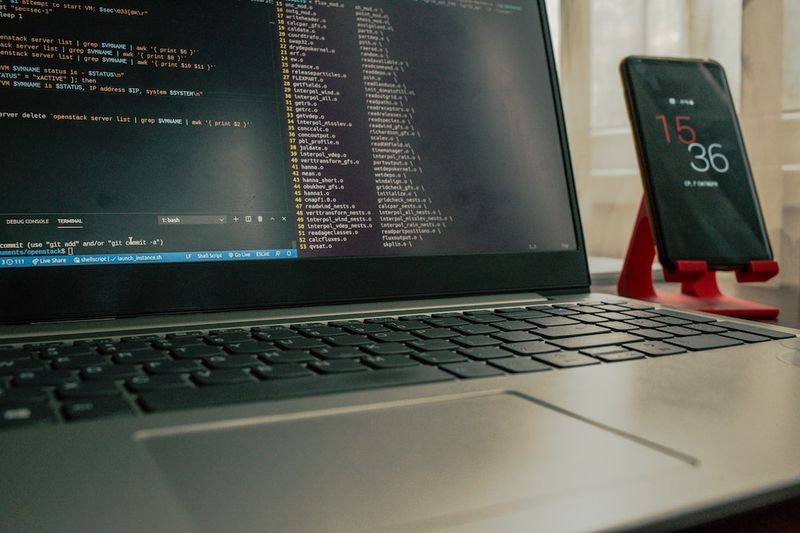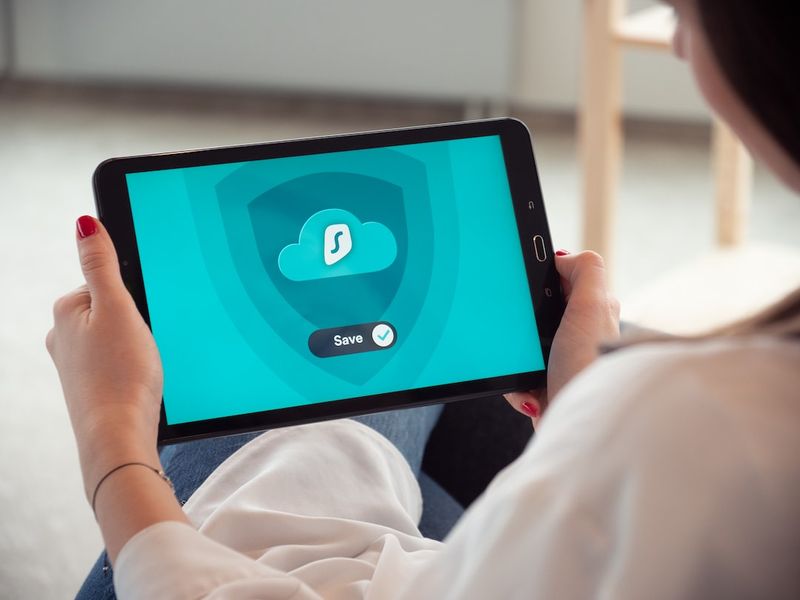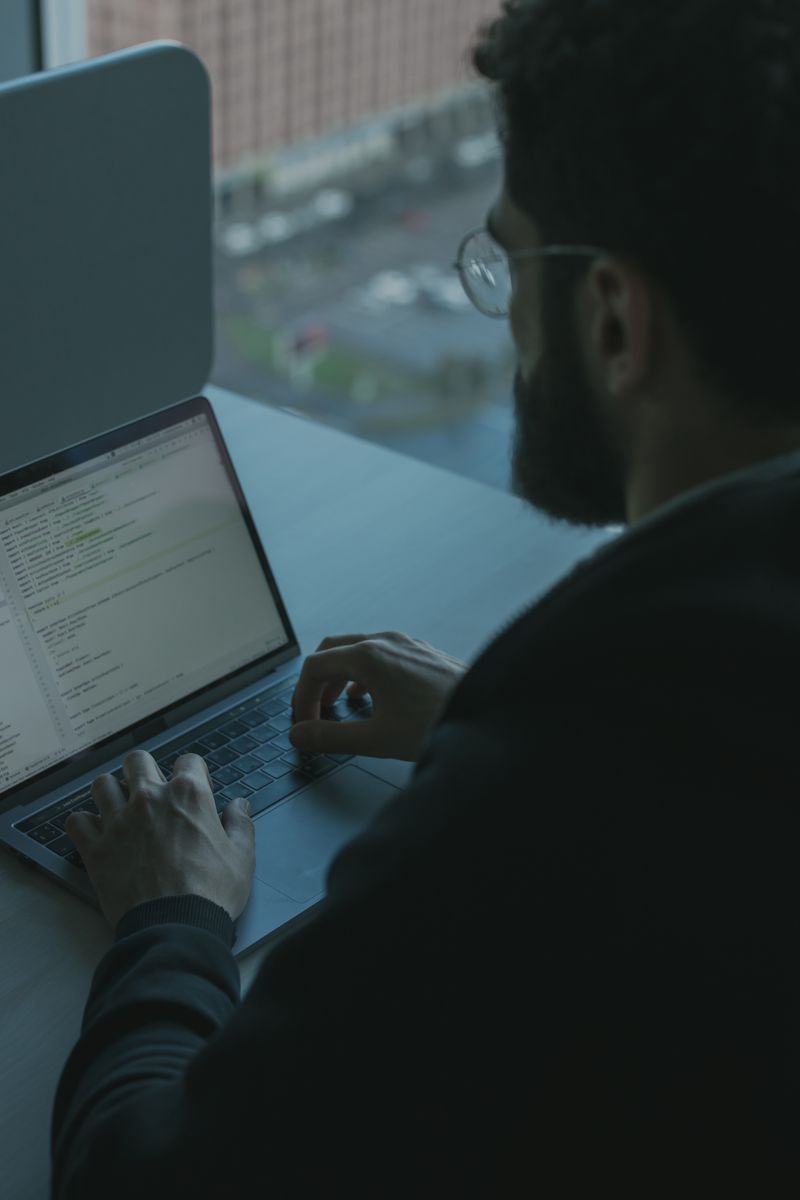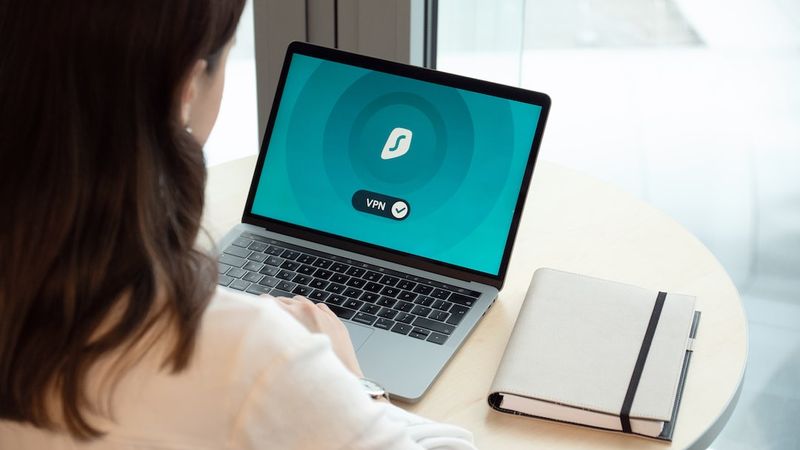Ransomware Attack Claims Surface Against Boeing
Aerospace giant Boeing is currently investigating claims made by the LockBit ransomware gang that large amounts of sensitive data were stolen from its network. The cybercrime group made an entry on their leak site threatening to publish the data unless Boeing contacts them to negotiate a ransom. While the group has not shared samples of the allegedly stolen data, Boeing is taking these claims seriously and has launched an investigation into the matter.
Ransomware-as-a-Service: The LockBit Gang
The LockBit gang, operating under the ransomware-as-a-service (RaaS) business model, has been active since at least 2020. They have targeted organizations in critical infrastructure, energy, government, financial services, food and agriculture, healthcare, manufacturing, and other sectors. LockBit has been responsible for approximately 1,700 attacks against US entities and has received an estimated $91 million in ransom payments from these victims.
LockBit’s modus operandi involves listing the names of victims that refuse to pay on their leak site and engaging in secondary extortion after compromising a third-party provider. They are known for using freeware and open source tools in their attacks and exploiting both known and newly reported vulnerabilities.
Implications and Concerns
The potential compromise of Boeing‘s sensitive data raises significant concerns. As an aerospace giant, Boeing works on a range of classified projects and handles highly proprietary and sensitive information. If this data falls into the wrong hands, it could have severe consequences for national security and the aviation industry.
This incident highlights the continued threat of ransomware attacks on critical infrastructure and organizations with valuable intellectual property. LockBit’s targeting of multiple sectors emphasizes the need for heightened cybersecurity measures across industries.
National Security and Internet Security
Protecting national security and safeguarding critical infrastructure necessitate robust internet security. Organizations must implement a multi-layered approach to protect sensitive data and mitigate the risk of ransomware attacks.
This includes regularly patching and updating software to address vulnerabilities, monitoring network traffic for anomalous behavior, training employees on cybersecurity best practices, implementing strong access controls, and deploying advanced threat detection and response solutions.
An Editorial Perspective: The Urgency of Cybersecurity
The incident involving Boeing serves as a stark reminder of the urgent need for organizations to prioritize cybersecurity. The increasing frequency and sophistication of ransomware attacks pose a significant threat to businesses and national security. Without robust cybersecurity measures in place, organizations risk not only loss of data and financial losses but also reputational damage, regulatory scrutiny, and potential disruption to critical services.
Furthermore, the prevalence of ransomware attacks demonstrates the need for collaboration between governments, law enforcement agencies, and the private sector to combat cybercrime. By working together, these entities can share intelligence, develop proactive defense strategies, and hold cybercriminals accountable.
The Philosophy of Cybersecurity
The rise of cyber threats forces us to reflect on the larger philosophical questions surrounding cybersecurity. It prompts us to consider issues of privacy, trust, and the ethical responsibilities of organizations and individuals in the digital age.
In a world where data breaches and ransomware attacks are increasingly common, individuals must be vigilant about their online behavior and take steps to protect their personal information. Organizations, on their part, must prioritize data protection and invest in cybersecurity measures to ensure the trust and confidence of their customers.
Advice for Organizations
In the face of evolving cyber threats, organizations must proactively implement robust cybersecurity measures to protect their data. The following recommendations can help organizations strengthen their cybersecurity posture:
1. Implement a comprehensive cybersecurity strategy:
Develop a holistic approach to cybersecurity that includes regular risk assessments, incident response plans, employee awareness training, and continuous monitoring of network activity.
2. Invest in advanced technologies:
Deploy advanced threat detection and response solutions such as intrusion detection systems, endpoint protection platforms, and security information and event management (SIEM) tools. These technologies can help identify and mitigate cyber threats in real-time.
3. Keep software and systems up to date:
Regularly patch and update software and systems to address known vulnerabilities. Implement robust vulnerability management processes to ensure timely updates.
4. Enforce strong access controls:
Implement strong authentication mechanisms, such as multi-factor authentication, to prevent unauthorized access to sensitive data. Regularly review and update access permissions to ensure only authorized personnel have access to critical systems and information.
5. Backup data regularly:
Regularly backup critical data and store it in a secure offsite location. Implement a robust backup and recovery plan to ensure business continuity in the event of a ransomware attack.
6. Foster a cybersecurity culture:
Educate employees about the importance of cybersecurity and encourage them to actively participate in maintaining a secure environment. Regularly communicate updates, best practices, and threats to foster a cybersecurity-conscious culture within the organization.
By implementing these measures, organizations can significantly reduce their risk exposure and enhance their ability to detect, respond to, and recover from cyber threats.
As the threat landscape continues to evolve, it is crucial for organizations to stay one step ahead of cybercriminals. Investing in robust cybersecurity measures is not only a matter of protecting data, but also a responsibility to safeguard national security, critical infrastructure, and the trust of customers.

<< photo by Sigmund >>
The image is for illustrative purposes only and does not depict the actual situation.
You might want to read !
- Justice Served: Prison Sentence Handed to Florida SIM Swapper for Cryptocurrency Theft
- Boardroom Buzz: Why CISOs Are Essential for Corporate Success
- How Modified Wikipedia Pages Can Be Exploited for Slack Redirection Attacks
- Can Ethical Hacking Competitions Help Improve Cybersecurity?
- Exploring the Synergy of edX and Drake State: Pioneering a Free Training Program
- edx Partners with Drake State Technical College to Provide Free Training Program: Bridging the Gap in Skills Education
- The ServiceNow Data Breach: Why Companies Need to Take Action Now
- The Bionic Boost: Unlocking the Potential of CrowdStrike’s Acquisition




